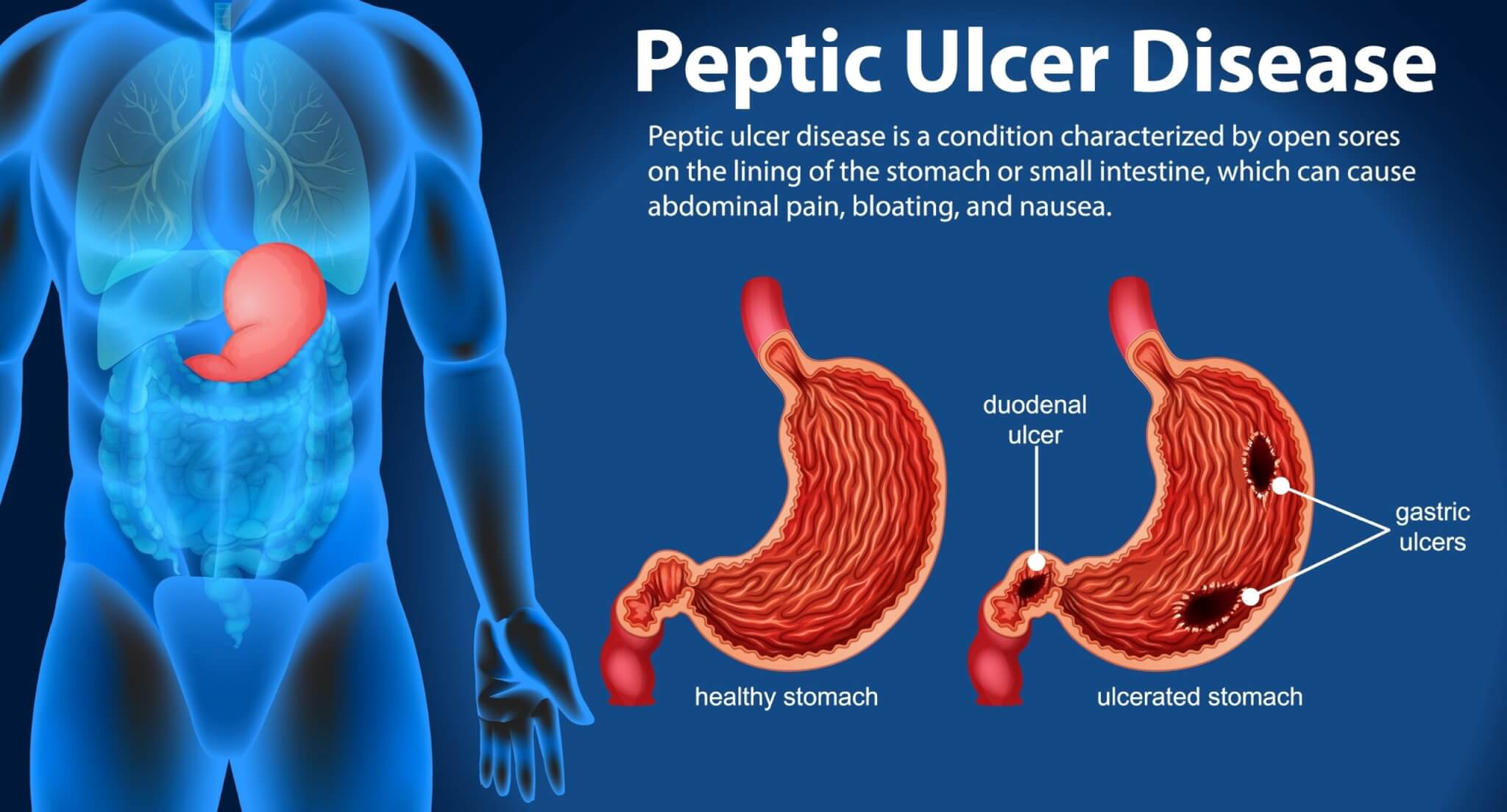The Boss is calling out sick. Yes, the seemingly ageless and invincible Bruce Springsteen, who can still rock out for three-plus hours on stage even at age 73, is canceling the remainder of his summer 2023 tour. Springsteen and The E-Street band announced Wednesday that the rocker is battling “symptoms of peptic ulcer disease.”
The band was slated to play Thursday night at the JMA Wireless Dome in Syracuse before a stadium performance at Baltimore’s Oriole Park at Camden Yards on Saturday. According to a statement on his website, “Springsteen is being treated for symptoms of peptic ulcer disease and the decision of his medical advisors is that he should postpone the remainder of his September shows.”
Of course, Springsteen has long been the poster boy for impeccable physical health and graceful aging. He’s still as svelte as ever with his biceps on display in his signature button-down, with his sleeves rolled up when he performs. His ideal conditioning can certainly be credited to never taking a hard drug in his life, working out regularly, and following a mostly-vegetarian diet, according to reports. It’s all the more reason that canceling a tour due to his health is so surprising.
So what is peptic ulcer disease?
Peptic ulcer disease refers to the formation of ulcers or open sores in the lining of the stomach, the small intestine (specifically the first part, known as the duodenum), or the esophagus. These ulcers result from the breakdown of the mucosal lining, which is usually protected from the stomach’s acidic environment.
A variety of factors can contribute to the formation of peptic ulcers, including infection with the bacteria Helicobacter pylori (H. pylori), long-term use of nonsteroidal anti-inflammatory drugs (NSAIDs), and certain lifestyle factors such as stress, smoking, and excessive alcohol consumption.

Common symptoms of peptic ulcer disease include:
- Burning stomach pain, often described as gnawing or aching, which may be relieved by eating or taking antacids
- Feeling of fullness, bloating, or belching
- Intolerance to fatty foods
- Heartburn
- Nausea
In severe cases, symptoms may include:
- Vomiting or vomiting blood, which may appear red or black
- Dark or black, tarry stools
- Unexplained weight loss
- Severe pain in the mid to upper abdomen
The treatment of peptic ulcer disease depends on the underlying cause:
- Antibiotics: If H. pylori infection is confirmed, a combination of antibiotics and acid-lowering medications is usually prescribed.
- Proton Pump Inhibitors (PPIs): These drugs reduce acid production in the stomach, allowing the ulcer to heal. Examples include omeprazole, esomeprazole, and lansoprazole.
- H2 Blockers: These medications, such as ranitidine and famotidine, also reduce stomach acid but are generally less potent than PPIs.
- Antacids: These can neutralize stomach acid temporarily and relieve pain but do not heal the ulcer itself.
- Lifestyle Modifications: These include avoiding spicy and fatty foods, caffeine, alcohol, and smoking, which can exacerbate symptoms.
- Surgery: In extreme cases where ulcers have caused complications like bleeding, perforation, or obstruction, surgical intervention may be required.
Certain populations are more at risk for developing peptic ulcer disease:
- Older Adults: The risk increases with age, particularly for people over 50.
- NSAID Users: Long-term use of NSAIDs like ibuprofen and aspirin can irritate or inflame the stomach lining.
- Having H. pylori Infection: This is a common cause of peptic ulcers, though not everyone with H. pylori develops ulcers.
- Smokers: Smoking may increase the risk of ulcers in people who are infected with H. pylori.
- Drinkers: Excessive alcohol use can erode the mucous lining of the stomach and increase stomach acid production.
- People with high stress: Although stress alone does not cause ulcers, it can exacerbate symptoms and delay healing.
There also appears to be some hereditary predisposition to peptic ulcer disease. It is essential to consult a healthcare professional for a proper diagnosis and treatment plan if you suspect you have peptic ulcer disease.
As for Springsteen, The Boss says he plans on getting back on tour as soon as he’s able to. “Over here on E Street, we’re heartbroken to have to postpone these shows. First, apologies to our fabulous Philly fans who we missed a few weeks ago. We’ll be back to pick these shows up and then some,” he says in a statement. “Thank you for your understanding and support. We’ve been having a blast at our U.S. shows and we’re looking forward to more great times. We’ll be back soon.”

BFD! Just another liberal pinhead!
Anyone within a half of mile to Springsteen is in danger of a plethora of diseases.
Jabba Dabba Do, Bruce. Karma whole.
No one seems to want to discuss a myriad of medical issues, injuries, and death associated with the CV@☠️☠️💉 💉! Remember, Bruuuuce wouldn’t allow anyone into his performances who wasn’t v@☠️☠️’d! Question: Will the sheep 🐑 line up again for another boogie-man bioweapon💉?